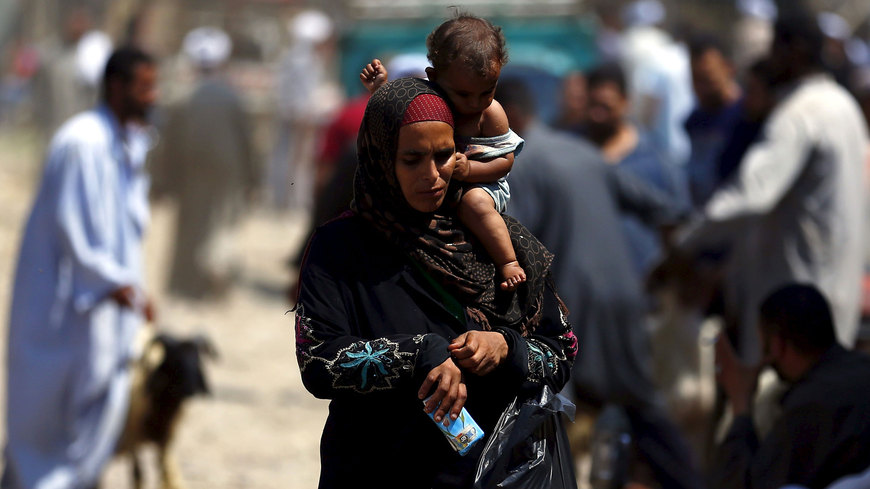As relationships break down and spouses decide to part ways, children are found to be the most likely to bear the brunt of the conflict arising between the warring parents, who may overlook the fact that their divorce will impact their children for many years. Post-divorce court battles are still a growing, festering problem of today’s society as divorce rates keep hitting their highest levels in Egypt. Child visitation rights enshrined in the personal status law are currently at issue as many parliamentarians stepped in to introduce changes to the said law in an aim to achieve a societal stability and secure a child’s healthy life under a shared care of both parents. However, the proposed amendments triggered an intense pushback by mothers and activists who say that they could portend a major setback for the rights of both children and female divorcees. Current visitation law and proposed amendments Proposed by MP Mohamed Fouad, who also serves as the spokesperson of the Political Party Al Wafd, the proposed amendments involve changes to article 20 of the personal status law. The said article stipulates the rights of the non-custodial parent to…



